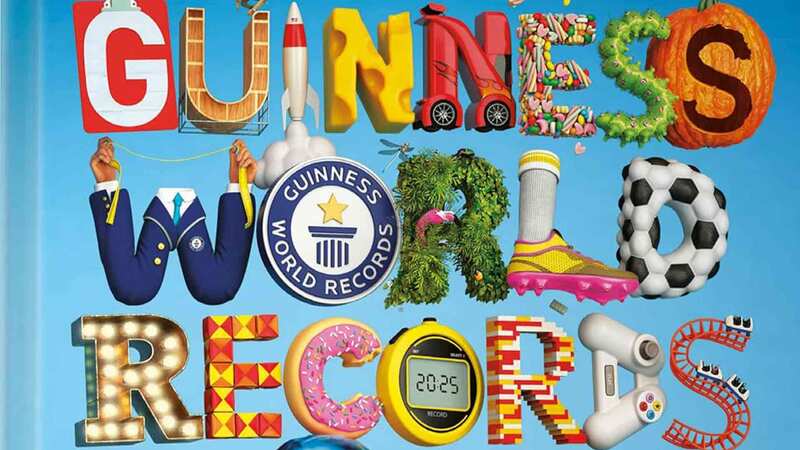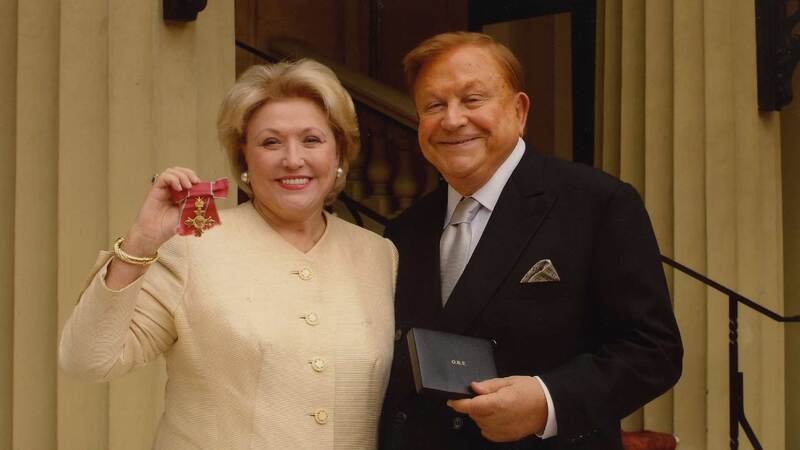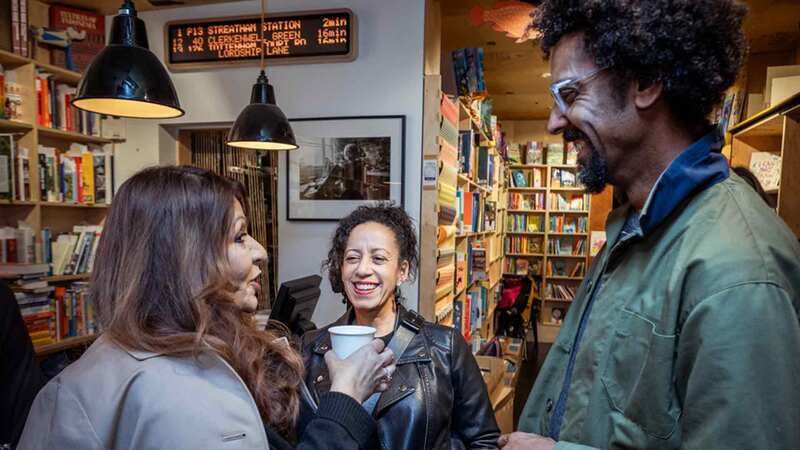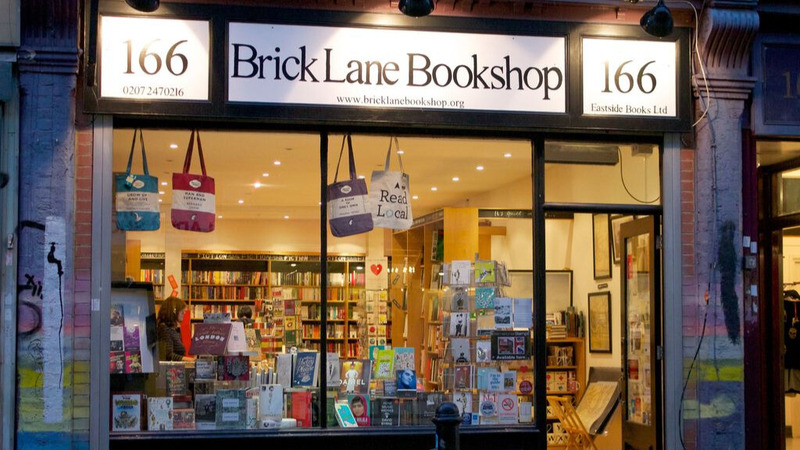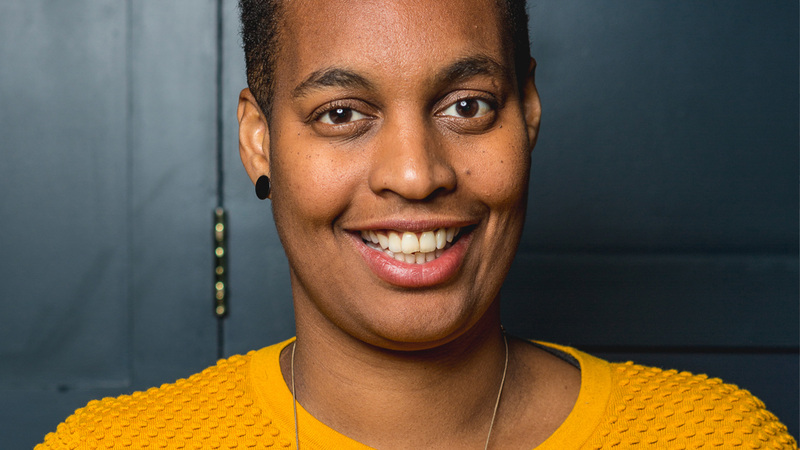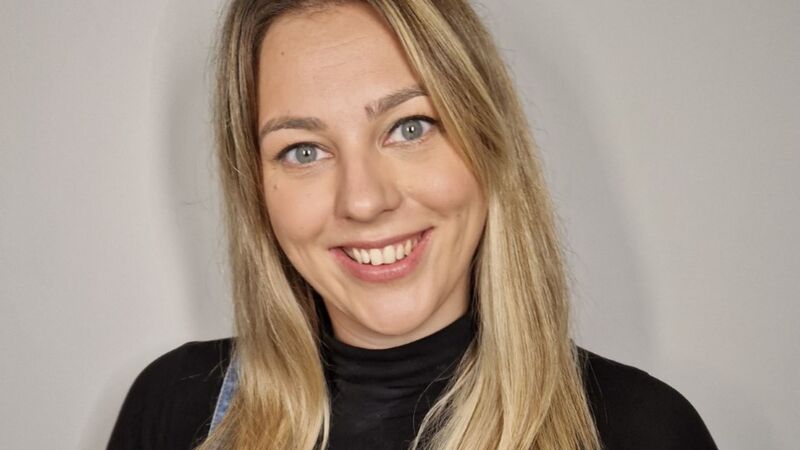You are viewing your 1 free article this month. Login to read more articles.
Middle Grade neglect risks isolating generation of readers, author warns
Authors and critics are warning that Middle Grade children’s books, for readers aged eight to 12 years, are failing to get the attention they merit from the media and book prize organisers because of the dominance of Young Adult (YA) titles. However, others argue Middle Grade novels still do well in the charts and say authors cannot “dictate buzz”.
Novelist and critic Amanda Craig said she is now sent books for readers aged up to 16, rather than up to age 12, and said it is a shame there are not more books for younger children, adding: “I’m always looking for more authors like Piers Torday [author of the Dark Wild trilogy, published by Quercus] and Kate Saunders [whose latest book, Five Children on the Western Front, was published by Faber Children’s].”
She said the explosion in YA “had led to some really interesting books but it had also distorted the market”, adding: “You get something extraordinary like The Hunger Games, then the market is flooded with thousands of imitators. There is so much copycat fiction around it debases its own mind.”
Lucy Coats, the author of several Middle Grade novels for children, including the Beasts of Olympus series for Piccadilly Press, concurred. She claimed that books for younger children get less attention than YA titles in the media and on social media platforms. “Compared to YA, Middle Grade is definitely the poor relation in terms of chatter and excitement. YA is the star and Middle Grade the understudy but if we don’t support and encourage Middle Grade readers, they are lost. A lot of really good books by excellent authors fall into a hole and get lost because nobody knows about them.”
The lack of attention given to books for children, combined with library closures and the dwindling number of author visits to schools, could turn a generation of readers away, she added.
Torday and Craig both said YA books were winning more and more children’s book prizes, pushing Middle Grade books out of the running. Torday said it would be nice if “the big prizes” rewarded Middle Grade books more often, while Craig said prizes that are for children should reward only books for younger children, or be “split into two”, with one prize for Middle Grade and one for YA titles.
However, Torday also said authors or publishers cannot dictate “buzz”, pointing out that “YA comes with an active online readership that is very engaged and independent, which generates a wave of publicity that gets all the attention”. Even though younger readers are not as active on social media, a lot of them take part in events in schools and libraries, he said, pointing out that many of the books that feature in the upper echelons of the bestseller charts are for this age group.
Author Phil Earle, who is Book Trust’s writer-in-residence, said there were many reasons to be optimistic about the future for children’s books, praising new writers in this area such as Robin Stevens, Katherine Woodfine and Danny Wallace. He also pointed out that a new prize for funny books, the Lollies, is for Middle Grade books (and those for a younger readership) and praised the “many” regional awards that “put books in front of hundreds of children”.
Literary agent Ben Illis added: “The media has to be more interested in children’s and YA books full stop. Neither is getting enough attention at the moment.”




